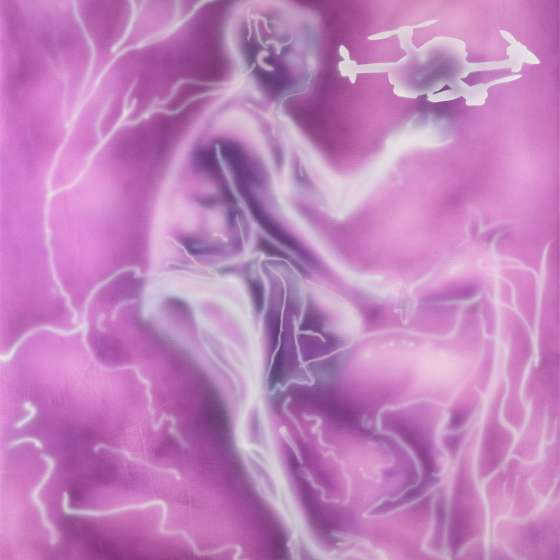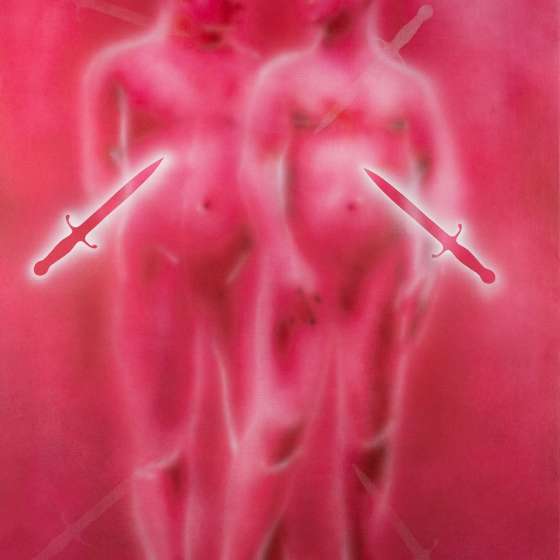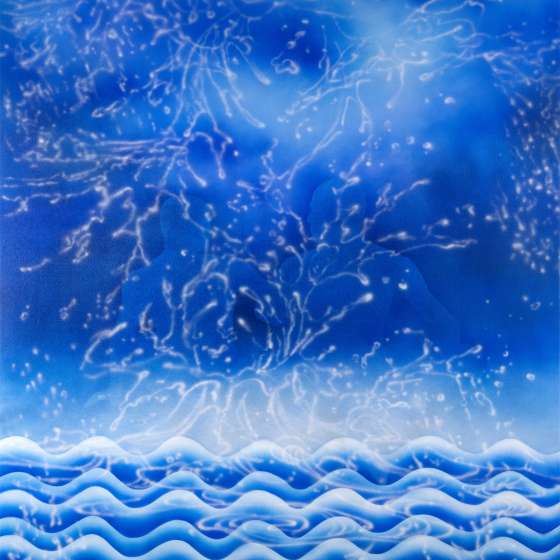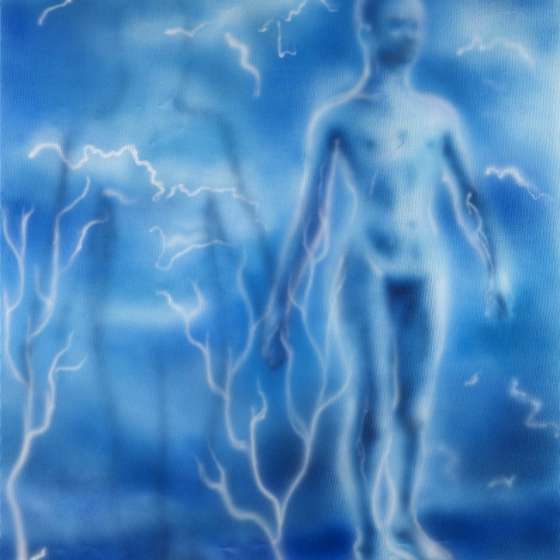Akademia Sztuk Pięknych we Wrocławiu
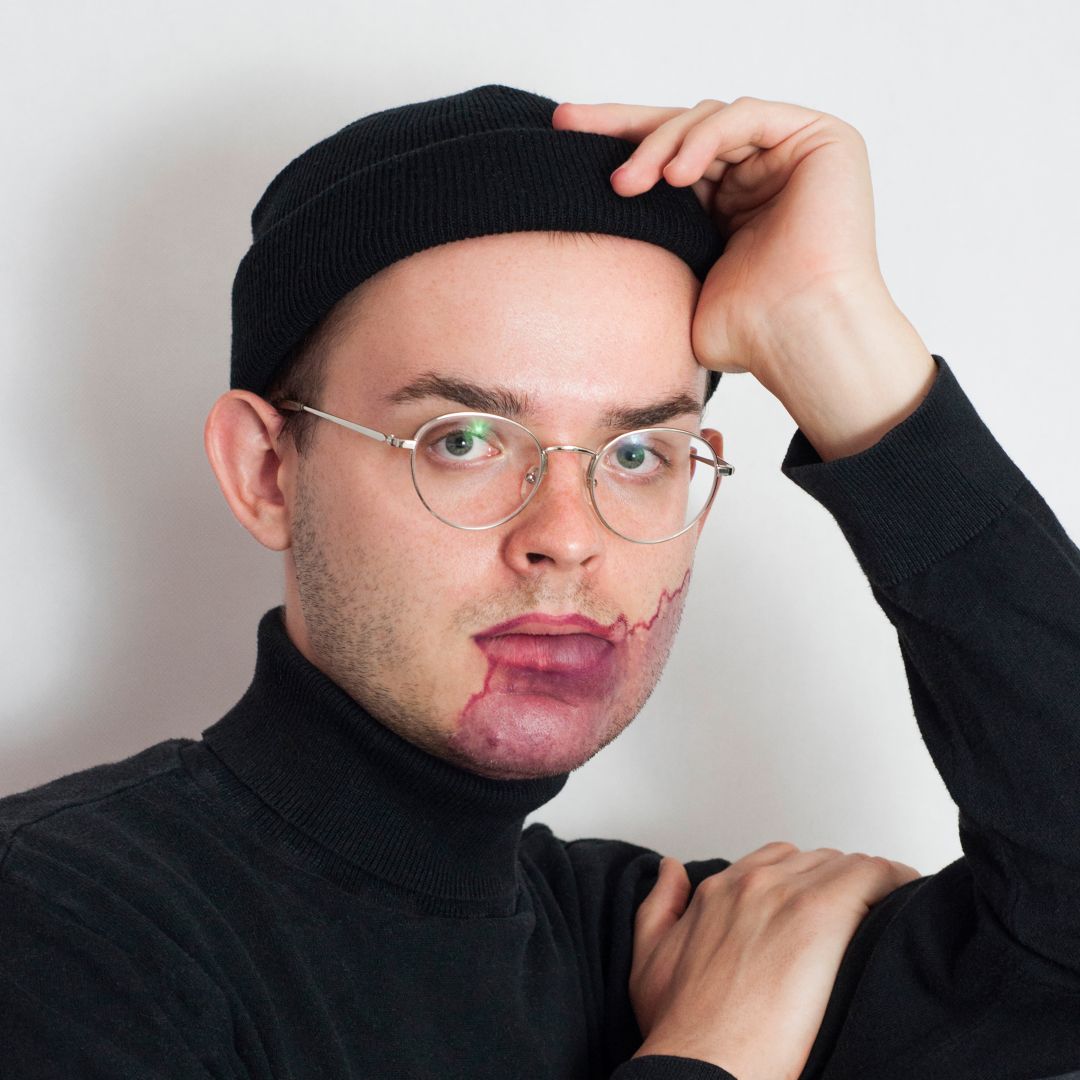
Autor: Wiktor Gałka
Akademia Sztuk Pięknych we Wrocławiu
Wiktor Gałka
Kierunek studiów: Malarstwo
Tytuł pracy: „Ciało jako pole napięć ideowych”
Promotorzy: prof. Łukasz Huculak, prof. Wojciech Pukocz
Urodzony w 1997 roku. Absolwent Wydziału Malarstwa Akademii Sztuk Pięknych im. Eugeniusza Gepperta we Wrocławiu. Zajmuje się głównie malarstwem, instalacją oraz performansem. Laureat głównej nagrody w konkursie Sztuka Przejścia '21 – najlepsze dyplomy ASP we Wrocławiu. W swojej twórczości podejmuje wątki transhumanistyczno‐queerowe: eksploruje fizyczność ciała w relacji z przesyconą technologią rzeczywistością oraz sposobami, w jakich ulega ono przemianom w miarę poszerzania go o warstwę wirtualną.
Born in 1997. Graduate of the Faculty of Painting at the Eugeniusz Geppert Academy of Fine Arts in Wrocław. Mainly works in painting, installation and performance. Winner of the main prize in the competition Sztuka Przejścia 21 – Best Diplomas of the Academy of Fine Arts in Wrocław. In his work he takes up transhumanist and queer themes: explores the physicality of the body in relation to the reality saturated with technology and the ways in which it transforms as it is extended by the virtual layer.
Ciało jako pole napięć ideowych
Stopniowo dekonstruując ludzkie ciało, staram się znaleźć odpowiedź na pytanie o definicję człowieka w kontekście postępującego rozwoju technologii, kiedy niepodzielność i autonomiczność jednostki zaczyna być kwestionowana. Szukam również analogii pomiędzy niewidzialnością technologii w codziennym życiu a sytuacją osób nieheteronormatywnych w kraju – jako stałego elementu społeczności, lecz istniejącego tylko częściowo, w przestrzeni poza oficjalnym obiegiem.
W instalacji VR podejmuję medytacyjne refleksje nad granicami samego ja – czy w cyfrowym świecie kurczowe trzymanie się jednej, wąskiej wersji siebie ma jeszcze zastosowanie, czy też wyczerpało się znaczeniowo.
Gradually deconstructing the human body, I try to find an answer to the question of the definition of a human being in the context of the progressive development of technology, when the indivisibility and autonomy of the individual begins to be questioned. I also seek an analogy between the invisibility of technology in everyday life and the situation of non-heteronormative people in the country – as a permanent part of the community, but existing only partially, in a space outside the official circuit.
In the VR installation, I engage in meditative reflections on the limits of the self – whether clinging to one narrow version of oneself still applies in the digital world, or whether it has exhausted itself in terms of meaning.


